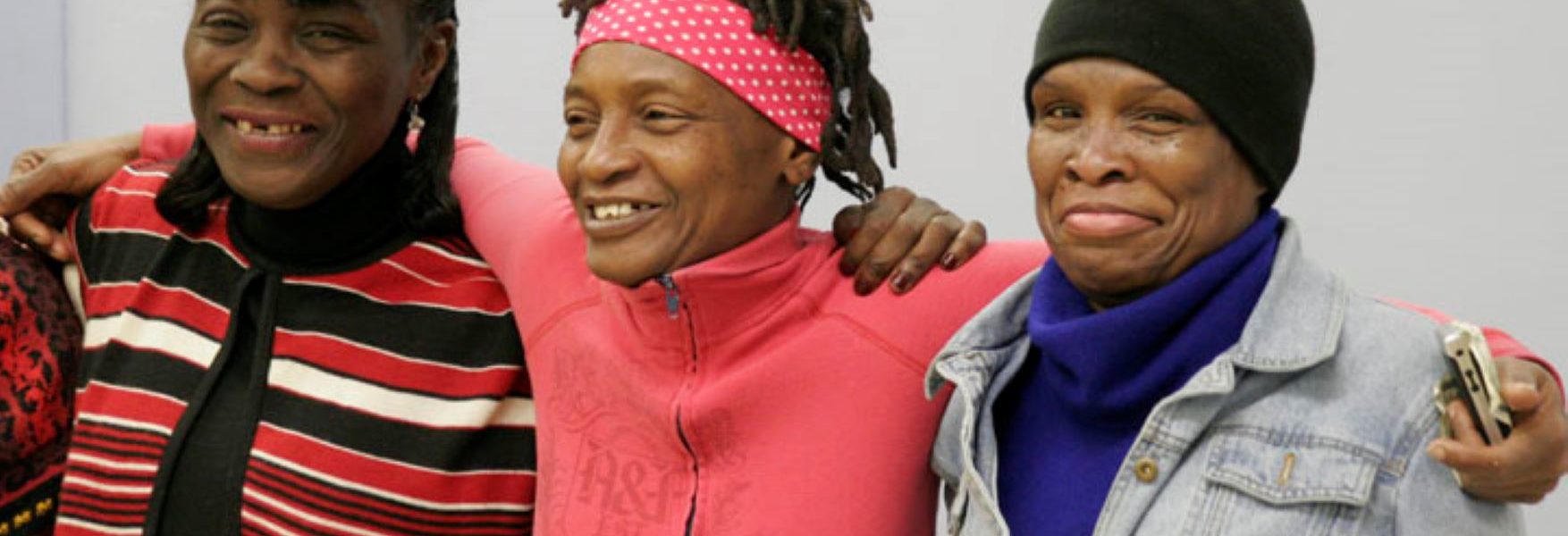Posted on February 13, 2024 View all news
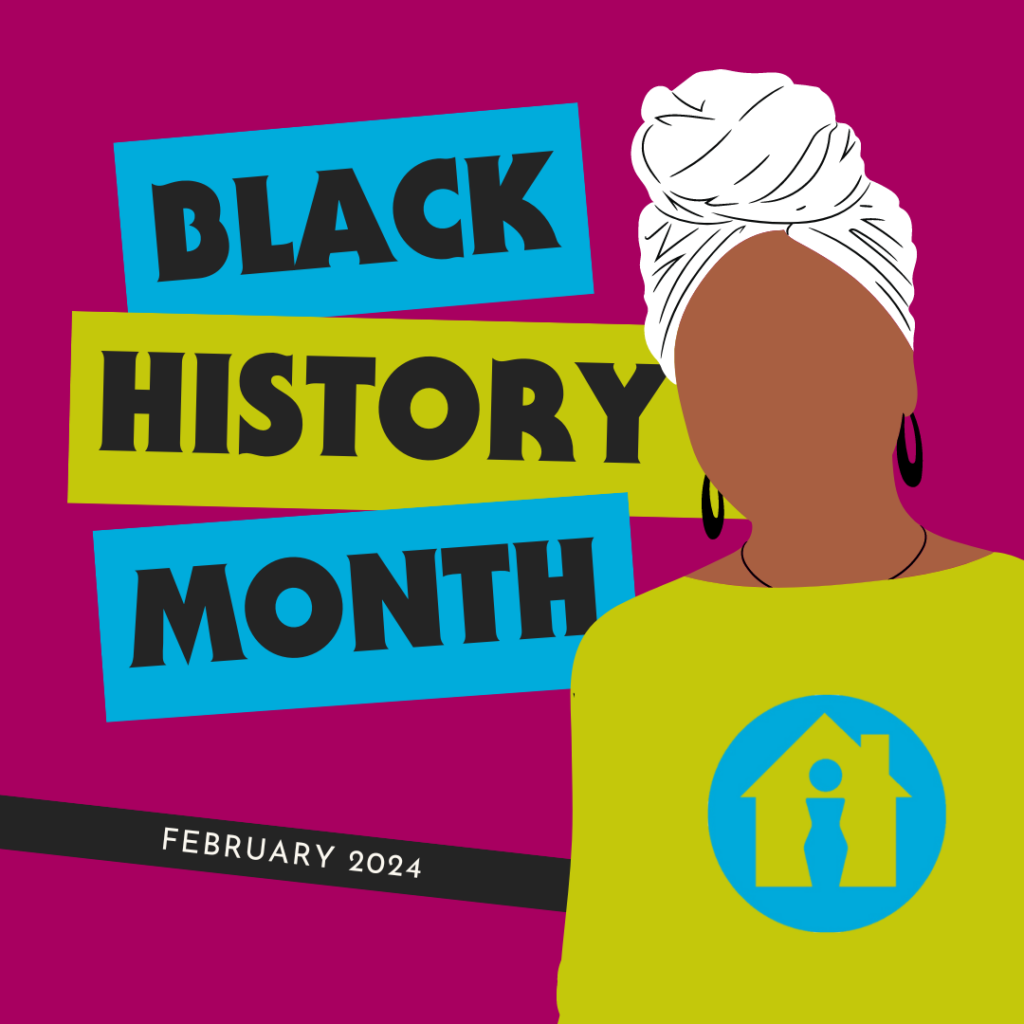
Sarah’s Circle is proud to celebrate and recognize Black History Month!
As we continue our efforts to end homelessness for women in Chicago, we want to take time to highlight and honor the legacies of some change-making Black women who have paved the way and fought for housing justice in our city.
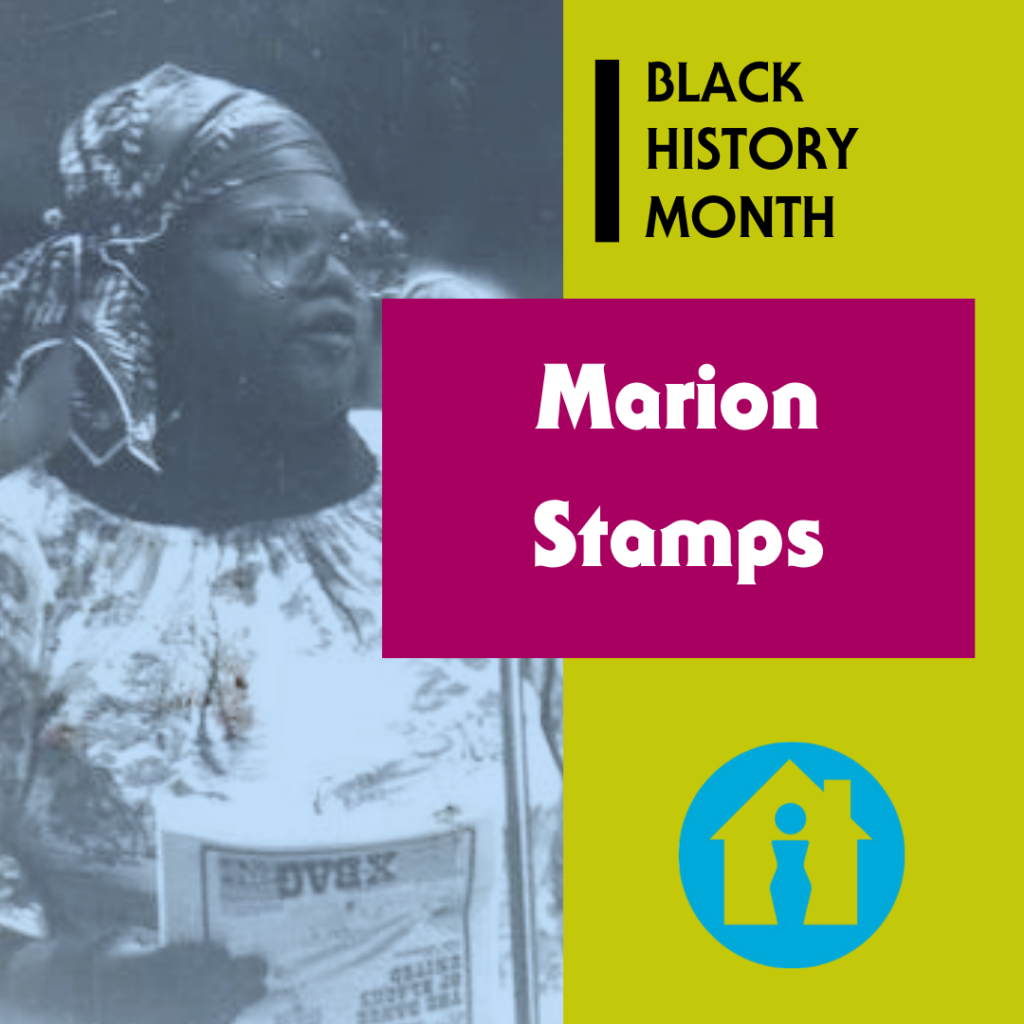
Marion Nzinga Stamps (born M. Marion Adams; May 28, 1945 – August 28, 1996) was a Black community activist from Chicago who fought for fair housing and the rights of public housing residents in the Cabrini Green housing project on the Near North Side. Stamps dedicated her life to fighting for the collective right to a safe and secure home and ensuring that residents of public housing developments had voices regarding their violent and harsh living conditions. She helped found the Chicago Housing Tenants Organization (CHTO), and her collaboration with other housing rights organizations expanded nationwide. She played a significant role in the first and only successful nationwide rent strike against the US Department of Housing and Urban Development (HUD), and she is known to be one of the only people to ever successfully negotiate a city-wide gang truce.
The movements Stamps led brought communities together in pursuit of justice, equity, and peace, and her efforts were powerful enough to help elect Chicago’s first Black mayor, Harold Washington. Today, her legacy continues to inspire community organizers and activists, particularly those working to address racial and economic inequality in urban areas. Her dedication to fighting for social justice serves as a reminder of the importance of collective action in creating positive change.
As Sarah’s Circle continues our work to ensure all women in our community have a safe and secure home to call their own, we are inspired by and honor Stamps’ legacy.
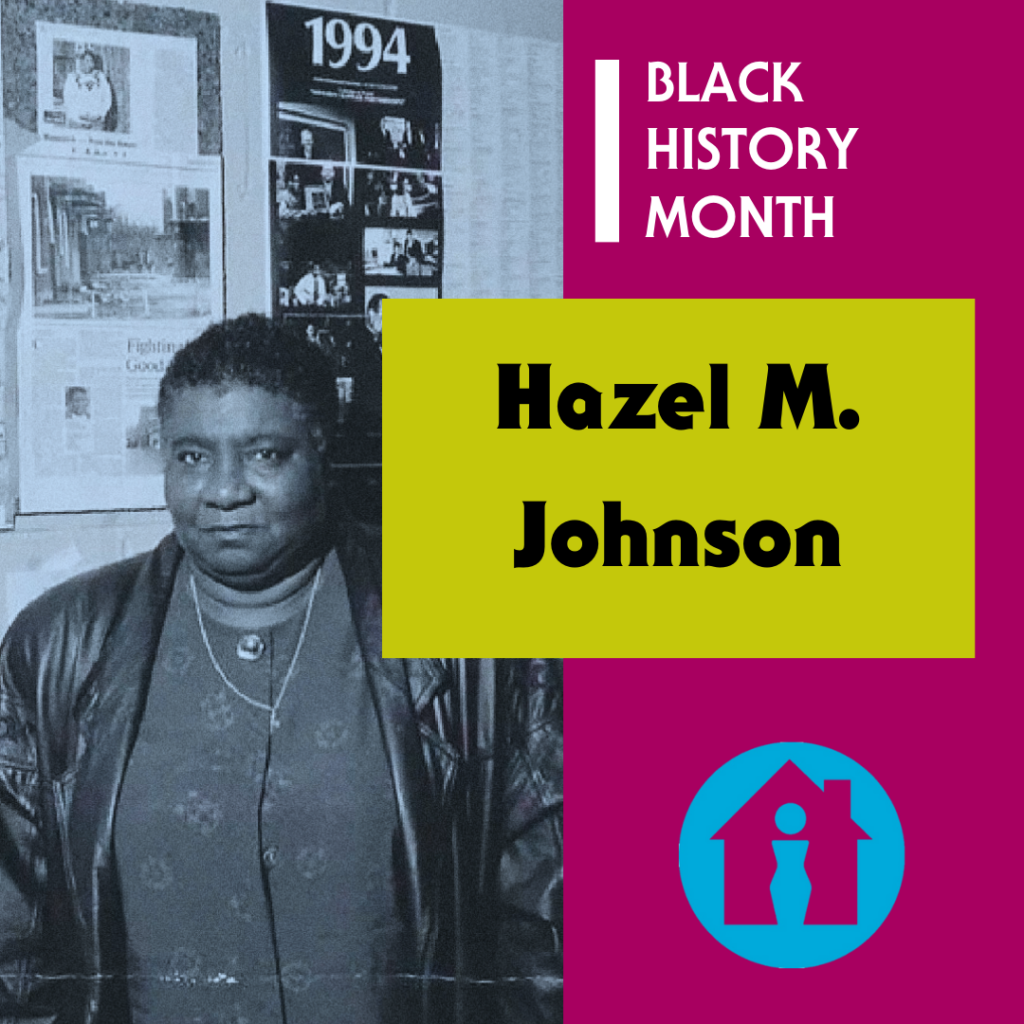
Hazel M. Johnson (January 25, 1935 – January 12, 2011), often referred to as the “Mother of Environmental Justice,” was a social and environmental justice activist from Chicago. Johnson was involved in grassroots activism against housing segregation, and she worked tirelessly to improve the living conditions in public housing. Her commitment began in her own community of Altgeld Gardens, a public housing project on the South Side built on a toxic landfill with polluted air, water, and land. She found out her neighborhood had the highest rate of cancer of any area in the city.
Johnson founded People for Community Recovery in 1979, an organization focused on environmental education, advocacy, and community empowerment in Chicago’s South Side. She was a vocal advocate for clean air, safe drinking water, and healthy living conditions for all, particularly in urban areas heavily impacted by pollution and industrial contamination. Johnson’s work brought attention to the disproportionate environmental burdens borne by marginalized communities and inspired a nationwide movement.
Homelessness and environmental justice are interconnected. Environmental hazards can displace marginalized communities, leading to homelessness. Factors like gentrification, limited access to green spaces, and resource scarcity further exacerbate this issue. Hazel M. Johnson’s advocacy aligns with Sarah’s Circle belief that every woman deserves the right to a safe home. As we honor her legacy, we continue to create pathways to stability and empowerment for more women in our city.
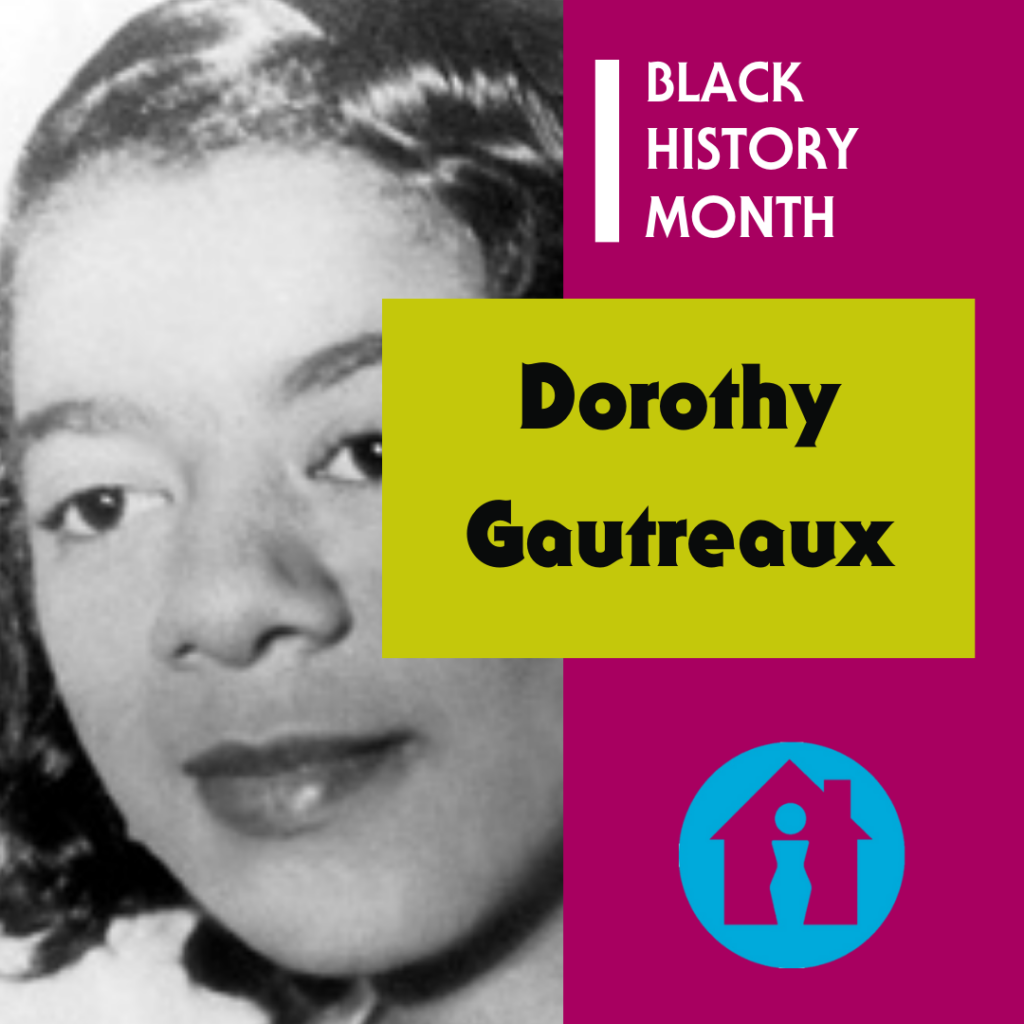
Dorothy Gautreaux was a pivotal figure in the fight against housing discrimination and segregation in Chicago. Born in 1930, she became a prominent advocate for fair housing rights in the city during the mid-20th century.
Gautreaux was a resident of public housing in Chicago and experienced firsthand the effects of segregation and discrimination within the housing system. In the 1960s, she became the lead plaintiff in the landmark legal case known as Gautreaux v. Chicago Housing Authority.
The lawsuit, filed in 1966, challenged the Chicago Housing Authority’s (CHA) practice of concentrating public housing developments in predominantly Black neighborhoods while denying access to housing in predominantly white areas. The case argued that this practice perpetuated racial segregation and violated the constitutional rights of African American residents.
In 1969, the United States District Court for the Northern District of Illinois ruled in favor of Gautreaux and the other plaintiffs, declaring the CHA’s housing practices unconstitutional. This landmark decision paved the way for the establishment of the Gautreaux Assisted Housing Program, which aimed to provide low-income families, including those from public housing, with the opportunity to move to integrated neighborhoods with better educational and employment opportunities. Gautreaux’s courageous advocacy set important legal precedents and inspired further efforts to address systemic inequalities in housing.
